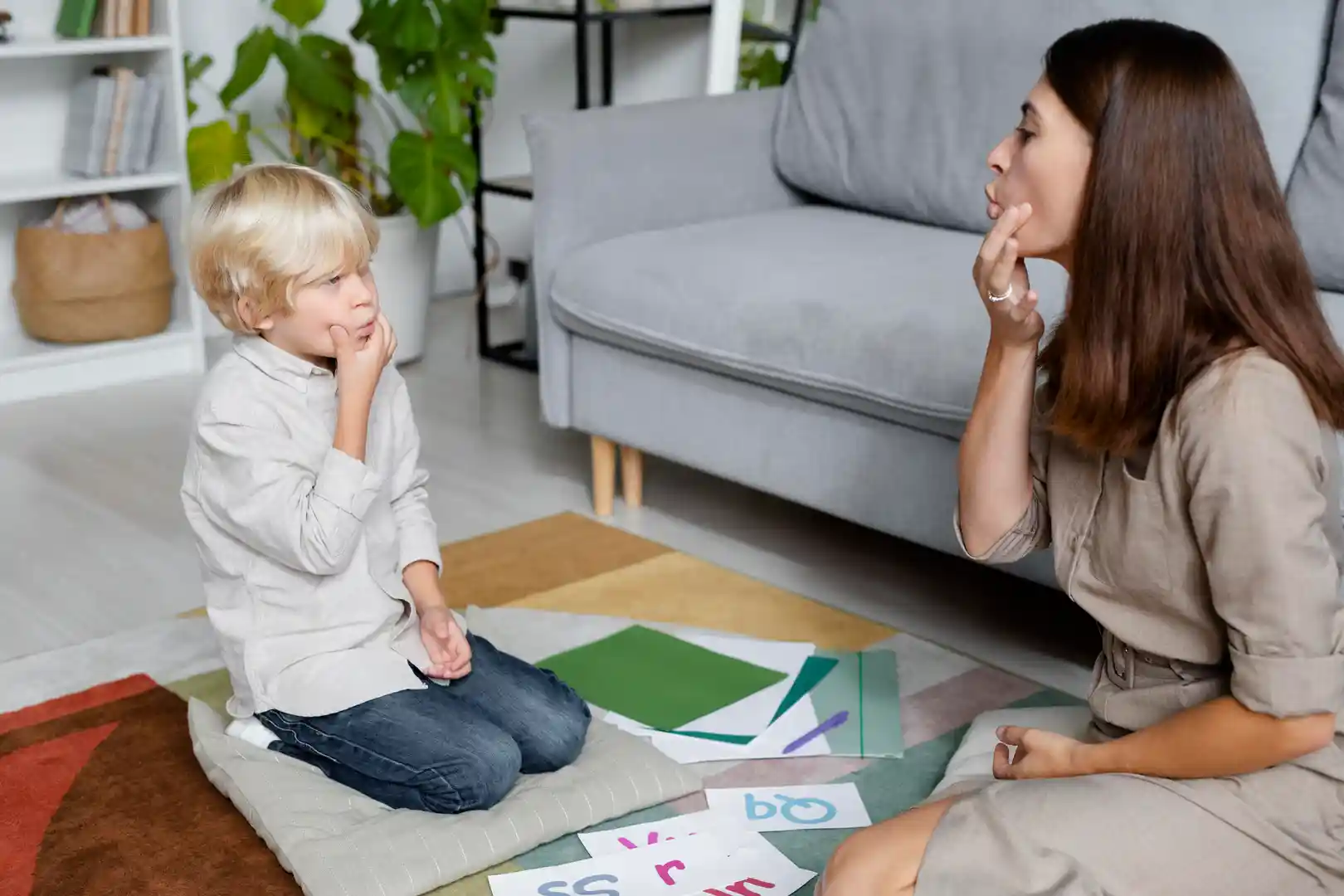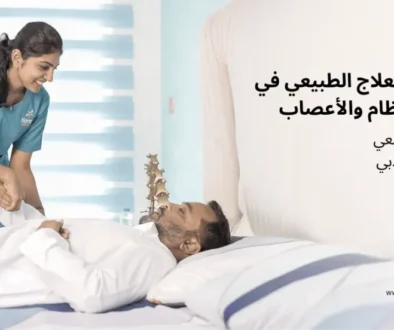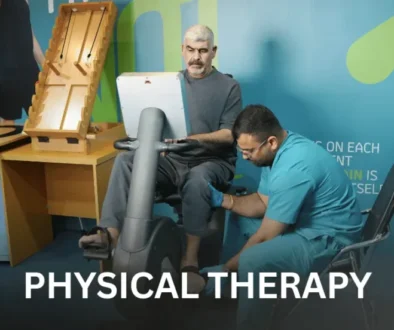Behavior Therapy for Children: Useful Techniques and Strategies
Behavior therapy is a very useful therapy for children who have problems with behaviors and emotions. It is not just about coping with difficulties—it is about helping children learn the right way to feel, behave, and think. If a child is having problems with ADHD, anxiety, or anything else, behavior therapy can literally change their life.
In this blog, we’ll outline how behavior therapy can be beneficial to children, particularly those with ADHD. We’ll discuss positive reinforcement techniques, why parental involvement is critical, and how early intervention can set up long-term advantages.

How Behavior Therapy Benefits Children with ADHD
Children with ADHD generally have trouble with paying attention, controlling impulses, and remaining calm. Behavioral therapy can teach them new behaviors to help with these, making daily life more manageable.
Enhancing Concentration and Minimizing Impulsivity
Children with ADHD struggle with impulsivity and attending. Through behavior therapy, they can learn to do things more slowly, stay on task, and complete activities without getting too distracted. Techniques like breaking tasks into smaller steps or utilizing visual reminders can be very helpful.
Building Social Skills
Social interactions are hard for kids with ADHD. They may interrupt others or have a hard time waiting their turn. Behavior therapy involves doing exercises that help children learn to communicate more effectively, share, and get along with others. By practicing these skills every day, they develop healthier friendships and better relationships with their family members.
Emotion Management
ADHD children get frustrated or overwhelmed easily. Behavior therapy helps them understand their feelings and learn how to deal with them in a positive way. For example, relaxation techniques like slow breathing or positive talk can help a child stay calm in the midst of stressful circumstances.
Positive Reinforcement Strategies for Improved Behavior
One of the strongest behavior therapy techniques is positive reinforcement. This involves rewarding good behavior to make a child want to keep on behaving in the same way.
What Is Positive Reinforcement?
Positive reinforcement means praising, rewarding, or granting special privileges when the child behaves well. It’s a matter of seeing the good they’re doing and trying to get them to do it again.
Examples of Positive Reinforcement
- Verbal Praise: Positive simple words like “I’m proud of you!” or “Good job!” can go a long way.
- Reward Charts: The establishment of a sticker chart or point system to monitor improvement and reward achievement.
- Special Privileges: Granting additional play time, selecting a special activity, or receiving a small reward.
Making Positive Reinforcement Work
To be effective, rewards should be given right after good behavior. Moreover, setting the target achievable and rewarding small success can help develop a child’s self-esteem. Over time, good habits can then be made a part of their life.
Parent Training and Involvement in Treatment
Parents are mostly in charge of making behavior therapy effective. When parents become involved, then it provides a consistent approach to altering the behavior of a child.
Learning Effective Strategies
Therapists usually instruct parents to establish boundaries, offer praise, and use consistent routines. All these are needed to reinforce good behavior and eliminate problem behavior.
Creating a Supportive Environment
A supportive, organized home environment is very helpful. Parents who respond patiently, encouragingly, and firmly with clear expectations help their children feel understood and safe. Regular contact between parents and therapists keeps everyone in agreement.
Long-term Benefits of Early Intervention
Preventing Future Issues
By helping children learn better ways of coping with problems, behavior therapy decreases the likelihood of future emotional, social, and school problems. Early intervention may also prevent unhealthy habits from forming.
Building Self-Esteem and Confidence
As children see their progress, they feel more competent and confident. This confidence enhancement can have beneficial effects on their relationships, school performance, and general well-being.
Strengthening Relationships
Improved behavior results in improved relationships with teachers, peers, and parents. If children are cared for and understood, they will likely develop healthy, positive relationships.
Behavior therapy is an effective method of assisting children in acquiring desirable behaviors and becoming social, as well as learning to manage emotions in a better way. With the use of positive reinforcement, parental participation, and early intervention, children are able to acquire skills that will last a lifetime.
If you’re looking into behavior therapy for your child, you want professionals who are aware of your child’s specific needs. At Kent Healthcare, we’re here to guide you and your child along the path to a healthier, brighter tomorrow.
Book an appointment
Booking an appointment with our team of professionals is just a few taps away. Book now!


